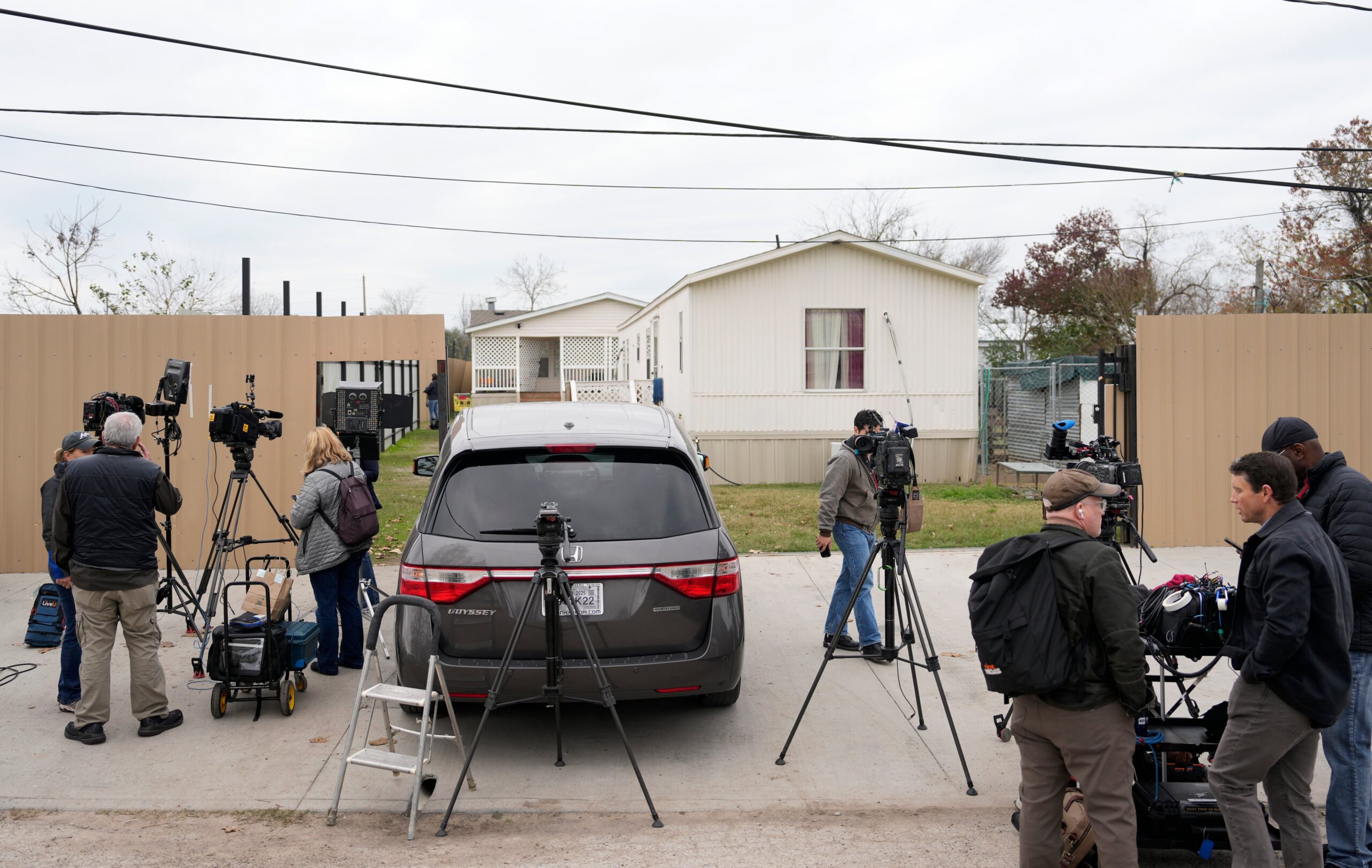Washington, D.C. The Corporation for Public Broadcasting said Friday that it is getting ready to shut down its operations for the first time in almost 60 years after Congress cut off its federal funding.
The ruling comes in the wake of a federal rescission package and the Senate Appropriations Committee’s fiscal 2026 Labor-HHS-Education plan, which for the first time in CPB’s history does not include financing for the agency.
A official proposal by the U.S. government to revoke or remove funds that Congress has already appropriated is known as a federal rescissions package.
Agencies like CPB are forced to scale back operations or terminate projects if a rescission is put into effect since they are unable to access the previously allocated funding.
Public media, including PBS and its 330 member stations, NPR and its 1,000+ member stations, and tiny, neighborhood TV and radio stations, are all impacted by this funding cut.
In a statement released Friday, CPB President and CEO Patricia Harrison said, “We now face the difficult reality of closing our operations, despite the extraordinary efforts of millions of Americans who called, wrote, and petitioned Congress to preserve federal funding for CPB.”
For almost 60 years, the organization has supported emergency communications, cultural content, educational programming, and local journalism, acting as the backbone of public media. Smaller and rural stations will be the most affected by the loss of government financing because many of them rely on CPB for as much as half of their yearly budgets, according to Politico. If replacement funds cannot be secured, certain public media outlets may have to reduce their programming or perhaps shut down as a result of this budget loss.
With a small transition team working through January to finish financial and legal closeout tasks, CPB notified personnel that the majority of roles will terminate with the fiscal year on September 30, 2025. During the changeover, that team will also assist producers and stations in overcoming financial obstacles.
Harrison referred to public media as one of the most reliable institutions in American society and commended the tenacity of regional stations and production partners. The board of the CPB stated that it will keep providing stations with direction as they navigate the unknown path ahead.
NPR president and CEO Katherine Maher described the decision as the loss of a significant organization and decades of experience and knowledge, and she cautioned that the ramifications will be felt by all public media organizations and, more significantly, by every community in the nation that depends on public broadcasting.
Maher said that by promoting various viewpoints, instructional programming, and local reporting, CPB supported the fundamental principles of the Public Broadcasting Act and was a pillar of independent journalism and public broadcasting. Despite the financial loss, she added, NPR would keep working with member stations to uphold the purpose of public broadcasting and local journalism.
As of Friday night, there has been no reported direct response from President Donald Trump on the CPB closure.
Over the years, Trump has consistently pushed to end federal support for public media, including NPR and PBS, accusing them of liberal bias.
Stories by
Kaylee Remington
-
Think twice before opening an unexpected package, FBI cautions
-
Online threat to tens of thousands in Ohio city prompts arrest
-
Bedrock CEO Kofi Bonner to retire; successor named
-
Your prescription might look very different soon Here s why
-
Retail giant sees record summer sales fueled by robots, streaming successes
AI was used to help produce this narrative.






